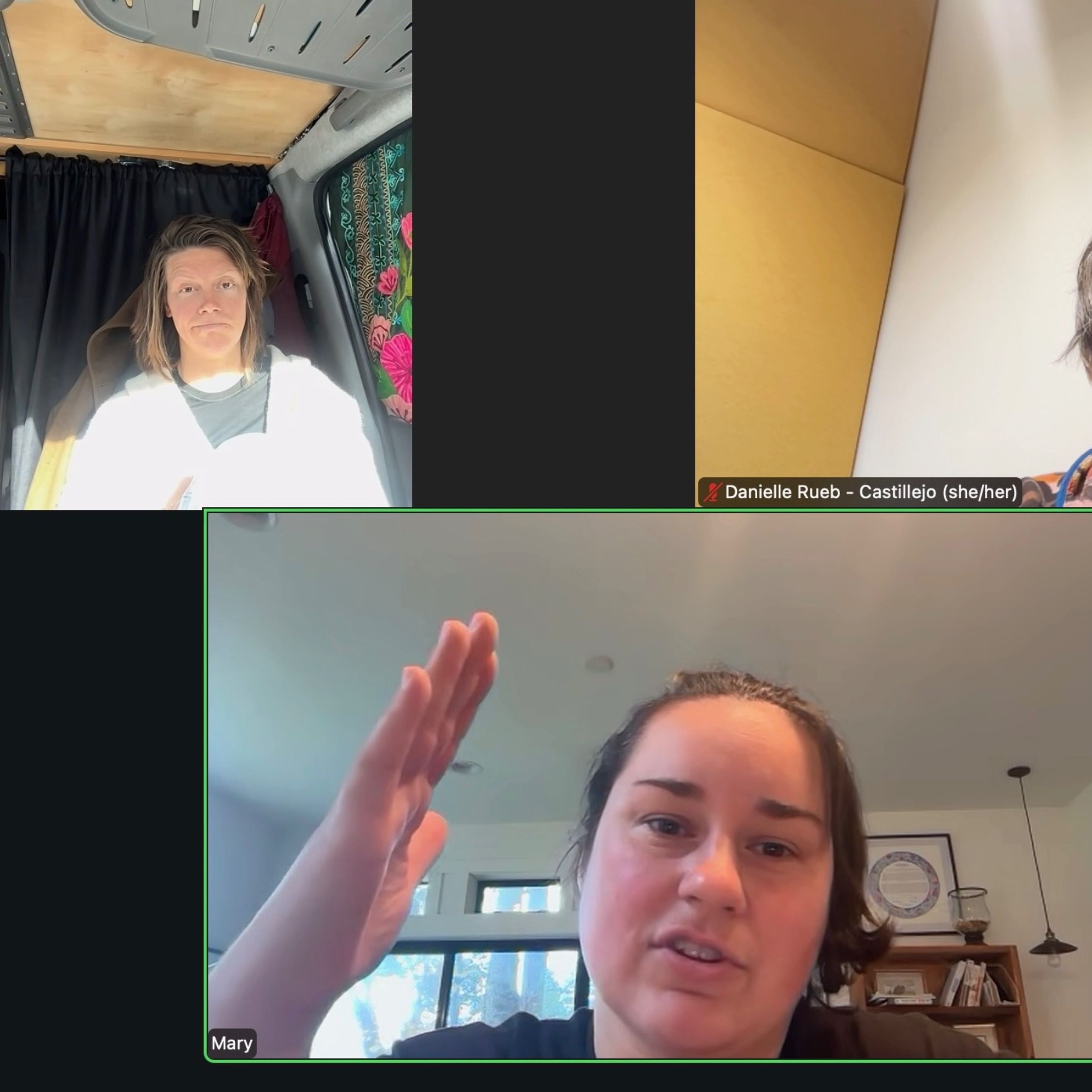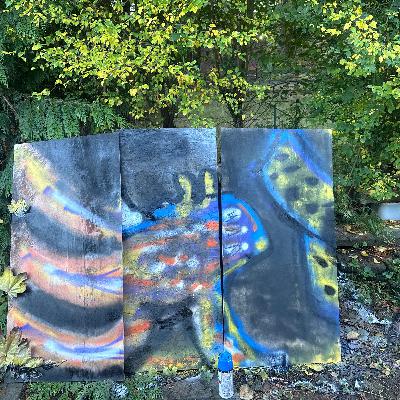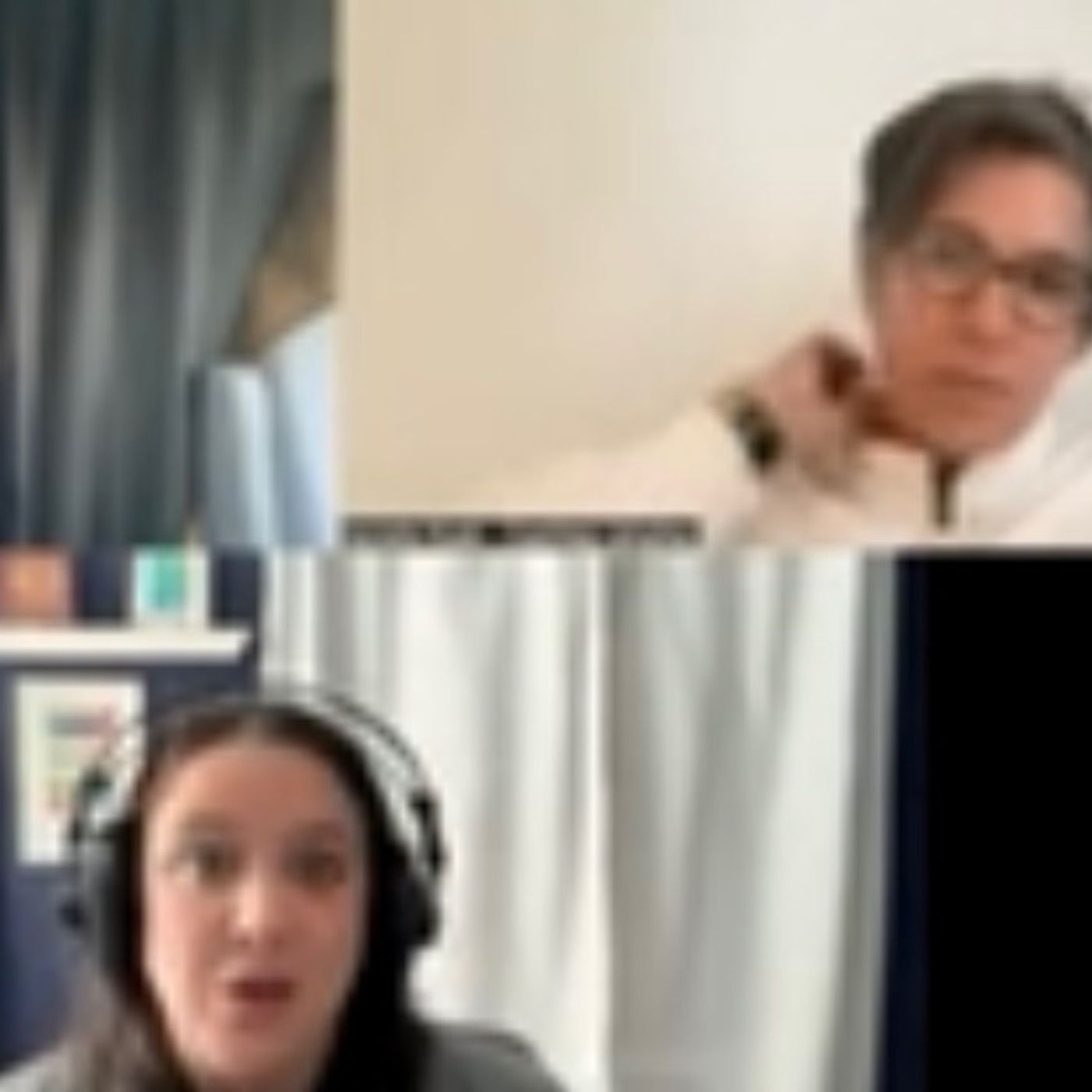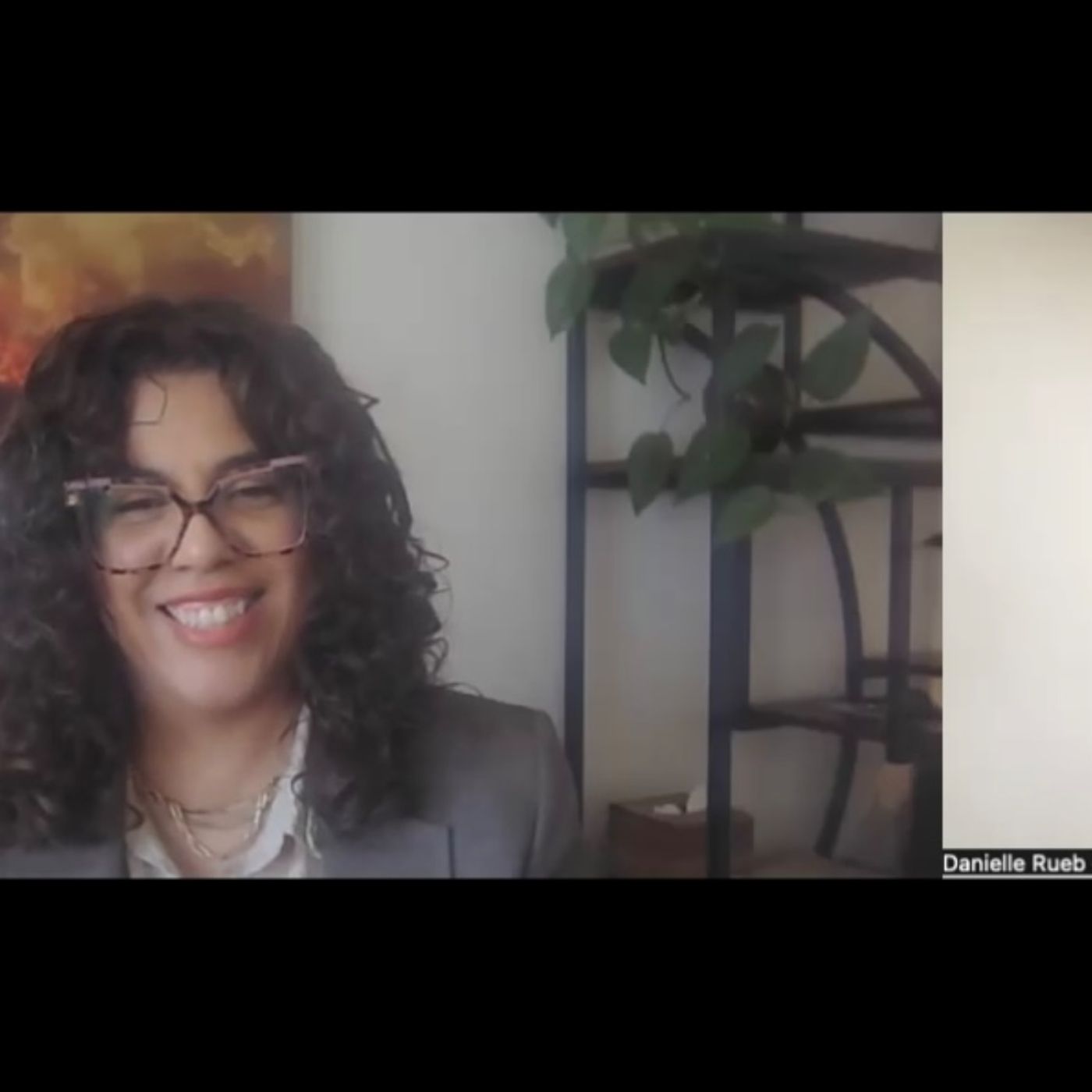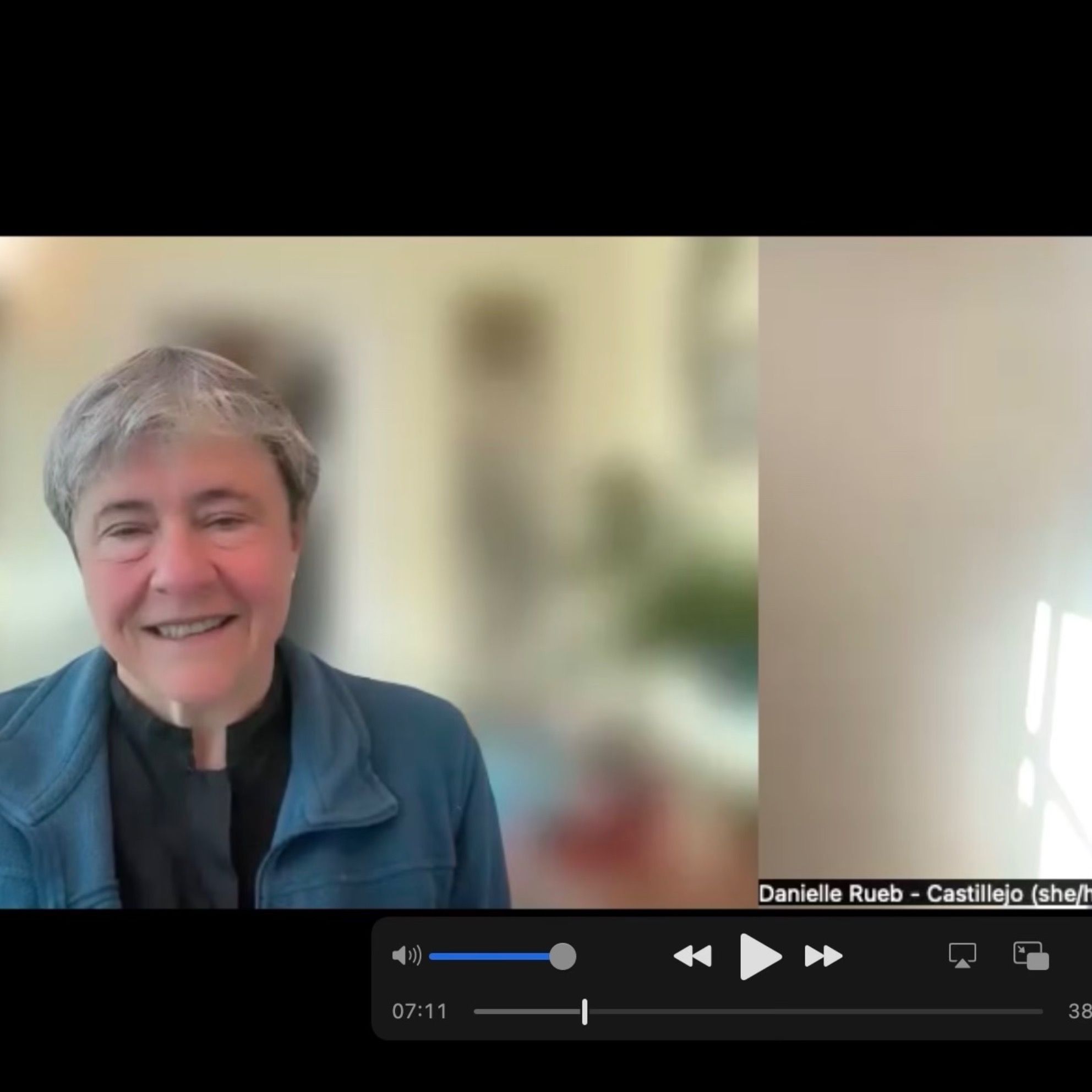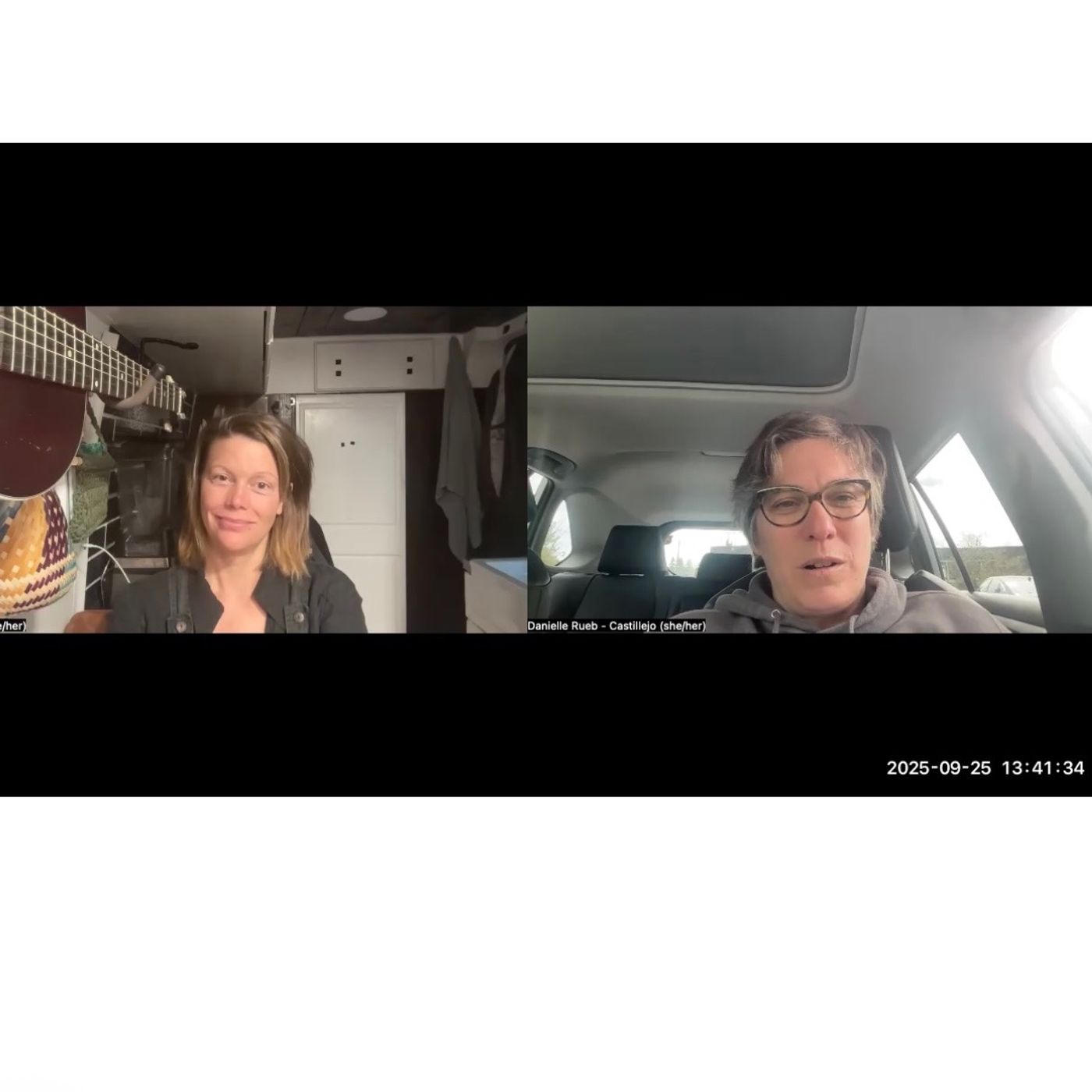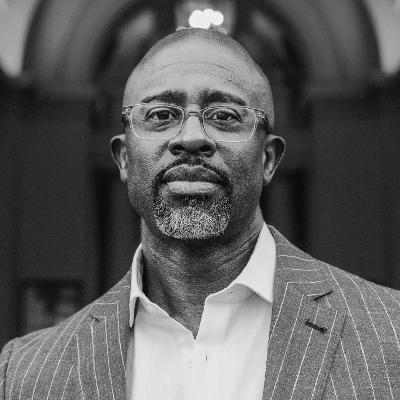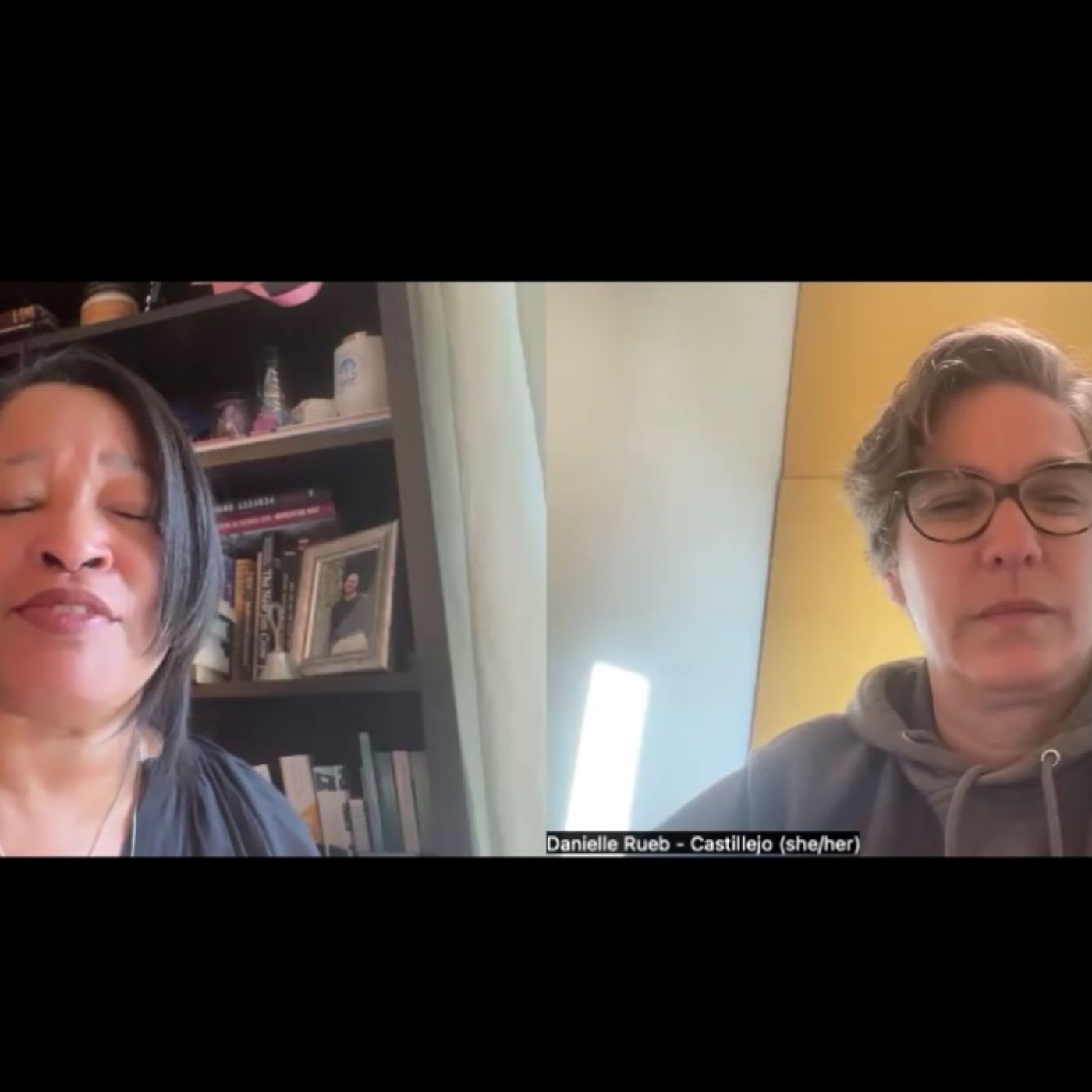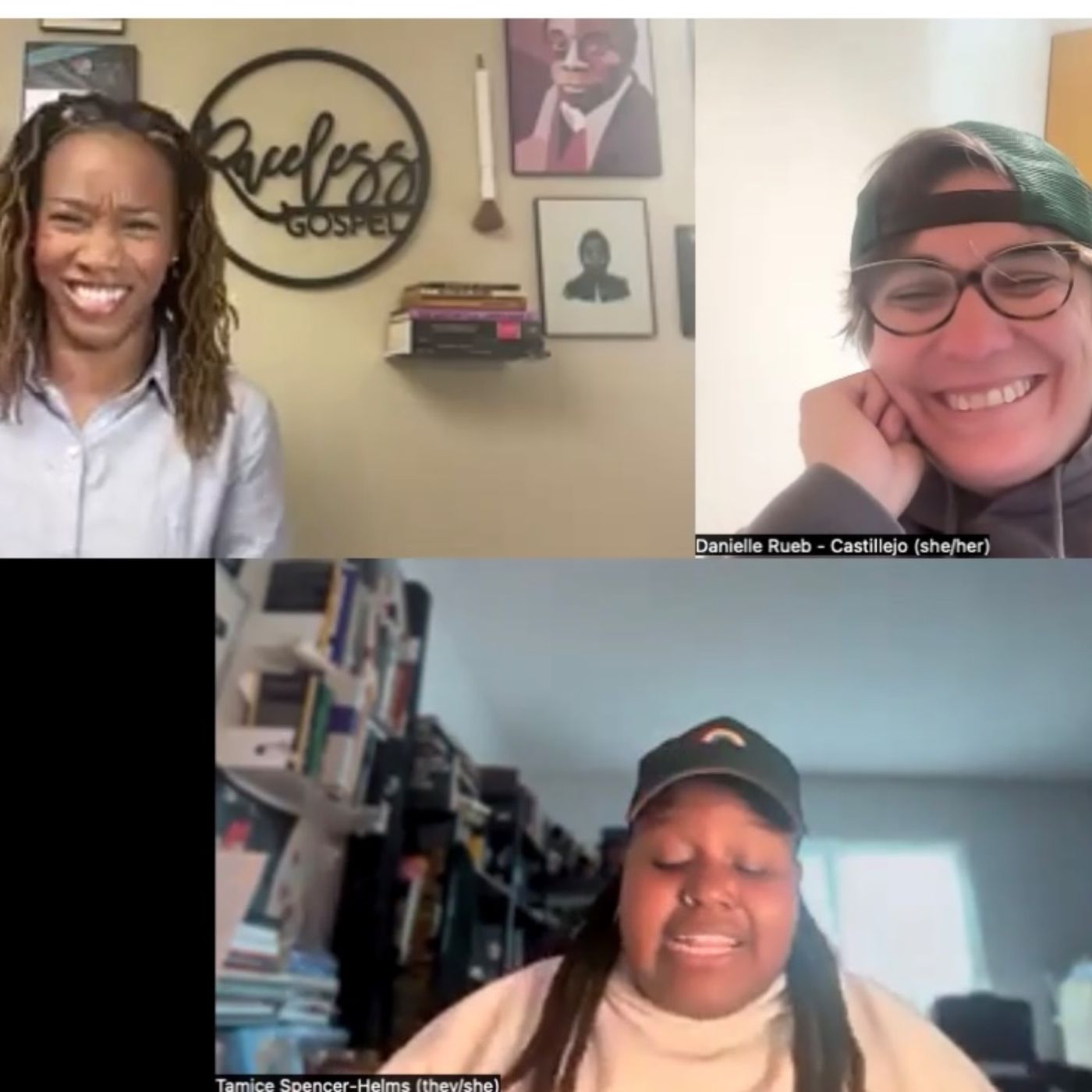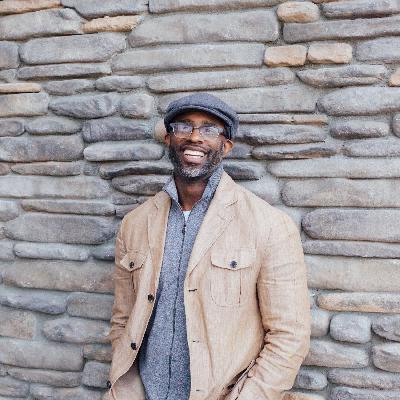Season Five, Episode 2: Election, Humanity, and How do we vote when nothing feels right
Description
Trigger Warning: Proceed only if you are comfortable with potentially sensitive topics.
This is not psychological advice, service, or prescriptive treatment for anxiety or depression. The content related to descriptions of depression, anxiety, or despair may be upsetting or triggering, but are clearly not exhaustive. If you should feel symptoms of depression and/or anxiety, please seek professional mental health services, or contact (in Kitsap County) Kitsap Mobile Crisis Team at 1-888-910-0416. The line is staffed by professionals who are trained to determine the level of crisis services needed. Depending on the need, this may include dispatching the KMHS Mobile Crisis Outreach Team for emergency assessment.
Danielle (00:26 ):
Welcome to the Rise podcast, conversations on faith, race, justice, gender, and spirituality. This is a part two of our season five opener, which was review and recap of the past year, and also engaging some questions around humanity, the election, and how do we see our neighbor? We are going to be hearing from a couple of organizers who have been in my county, Kitsap County for more than a decade. You're going to hear some of their experiences, some of what they've gone through, as well as a few other folks who are giving their response to the questions we posed last week. I've been doing a lot of listening. This isn't an endorsement for any candidate. This isn't a psychological advice, and this isn't a prescription for how you should vote. Voting is a right. It's something we can participate in. It's a way to participate in our system.
A lot of folks are swinging wildly between two pendulums. There's the thought of my vote doesn't matter and I'm not going to vote, or I'm going to vote for X person as a protest vote. These are all of your rights. You have the right to do. So. I've been thinking a lot about change and what does change mean? How do we want to see change come about, and what does long-term change really look like? I can't speak from an electoral politics standpoint because I'm not an elected official and I don't plan to be anytime soon. I can speak as a person, a mother, a wife, a partner, a colleague, a friend, and a community member. And what I can say is people powered movements are what I have seen from the ground up, bring change in communities. This isn't unlike what happens in our bodies from a psychological experience in my own body. Change doesn't come from merely thinking about it. It comes from the ground up in my body. It comes from addressing the feelings, paying attention to my body, and becoming a more integrated person. I would challenge all of us to look around and what are the people powered movements for social change that we desire, and what are the ways our body is talking to us and how if we listen, will it inform us where we stand on many of these different issues?
This brings me to another sensitive topic. The topic of how we are feeling, how we are doing in the sociopolitical climate. We're living in these United States. I can say that for myself in my own experience, my anxiety is heightened overall and feelings that I can keep at bay with regular normal coping mechanisms such as exercise. It takes me a little bit more and I have to offer myself a lot more grace in the process. I encourage you no matter where you are, to engage these topics with grace towards your own self, towards your neighbor, towards your family, and towards whoever's in your proximity. We won't get things done overnight. That's not how change works. Change is a process. It is for us as individuals, and it is for us as a collective society. So hang in there. If you need help, get the help you need.
Maybe it's a mental health counselor, maybe it's a spiritual advisor. Maybe it's your pastor, maybe it's your friend. Maybe it's someone in your community that you look up to, like a mentor, or maybe you just need to sit down with your friends and have a good old fashioned dinner and drinks and put your phones away. Whatever the help you need is, it's important that you seek out that help and that support. The goal isn't to be perfect. It isn't to be fixed. The goal is to be in our process and getting what we need so each day we can show up for ourselves and those in our community. We're going to jump into the conversation and voices from across the country. We are all different and we're not meant to be the same. I hope you find pieces of you in each of their stories.
Speaker 2 (04:37 ):
Hi, this is Raquel Jarek and I'm coming to you from Bloomington, Minnesota, which is a suburb in the Minneapolis area. I teach astronomy for work to college students in downtown Minneapolis and am an aerospace engineer and was raised in a very Christian home. And I'm still a practicing Christian in many ways, and I make space for people with different political views in all kinds of moments in my life. I do it at my work with students because I have a variety of people in my classes. I'm actually challenging them to vote and to even investigate the two major political candidates for president on what they view of science and space and how they would support NASA or space exploration. And I get to know my students pretty well in person, especially not as much with my online students, but I want to make space and have a comfortable room where people can share a little bit of how they feel, but also not be offensive to people with a variety of opinions in the room.
Speaker 2 (05:44 ):
And then there's a variety of opinions in my family on my side of the family and my in-laws and which candidates they support and which parties they affiliate with. I want to be a person who is about supporting different opinions and being able to be loving and welcoming to anyone in any opinion. And sometimes that can be difficult when people have conflicting views in the room. I think you might need to keep the conversation more surface level and fun and in smaller conversations maybe you can dive into what they think more. But that can be really challenging to go deep with people who are very opposite opinions. At the same time, I like to have challenging conversations about politics and religion, and I think being open to those conversations whenever those topics come up is good. And then also just remember to be kind. And I think that's definitely easier to do in person than online or in a social media space, but that face-to-face contact does bring out more humanity and more kindness in people. So I hope that helps and that people can make more time and space to treat others kindly and hear opinions. Thanks.
Danielle (07:04 ):
What were you going to say about the election?
Sarah (07:08 ):
Oh, I'm just feeling stressed about how close this election is. And it's just sort of extraordinary to me that given the many, many flaws in the Trump offering that people would still vote for him, that he's clearly mentally impaired and authoritarian, happy with dictators, mean-spirited and more of a mafia boss than a presidential candidate. And it's just extraordinary to me that, and I've always known people like that existed. It's just extraordinary to me that so many people would be planning to vote for him. So I am feeling a little stressed this morning,
Speaker 1 (07:55 ):
Pam, I saw you nod your head.
Speaker 4 (07:58 ):
Oh, I agree with everything that Sarah said. I have the same I deep, deep apprehensions and anxiety, and I think we're living in a landscape of anxiety just on the edge of a nation that at least half of it wants to go over that edge and pull the other half down with them. And it's really frightening. It's real. And I think I'm also frightened by people who are putting their heads in the sand. That's their response either out of just inconvenience or their terror response. So we're in a situation,
Speaker 1 (09:04 ):
I agree. I feel that. I feel it come out in so many different ways. So for instance, as a licensed mental health therapist, something gets said like it was this last week where the former president is at a rally comments on anatomy. It gets blasted across the airwaves. And then what I notice that happens across my workspace is that people are triggered in their family relationships. They're triggered in with community. They're on heightened alert with a neighbor. I noticed this is last week we had two different really random requests. One was to adjust our fence because of the view. And if you know my yard, I live way out in the country, no one's looking. The second thing that happened to us was like, your car is parked at an odd angle sort of thing. So can we switch it around? I wasn't home. I got the message. And immediately when the message popped up, I felt so much anxiety and I was trying to talk myself off the ledge. I'm like, you can move this car, Danielle, when you go home, you can move this. This is fixable. You can come back from this. But the way I understand it is there's all my cup of navigating anxiety and uncertainties already up to here. So if my car's crooked somewhere, I'm freaking out.
Speaker 4 (10:44 ):
I think that's happening all over the place. I mean, we saw an example yesterday afternoon with that involved pizza and chicken and people being much deeper issues and wounds being triggered by that, and we just have to take care of each other. I think we really, my priority is number one for the foreseeable future is public safety and how do we take care of each other when a lot of us can't call the people in the system that are supposed to give us support when they're not there, or they are part of what is creating problems and cruelty and insensitivity. So I mean, that's the only thing that's on my mind right now is public safety.
Speaker 1 (12:16 ):
Sarah, thank you, Pam. S


